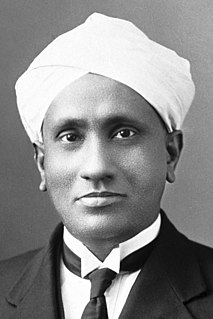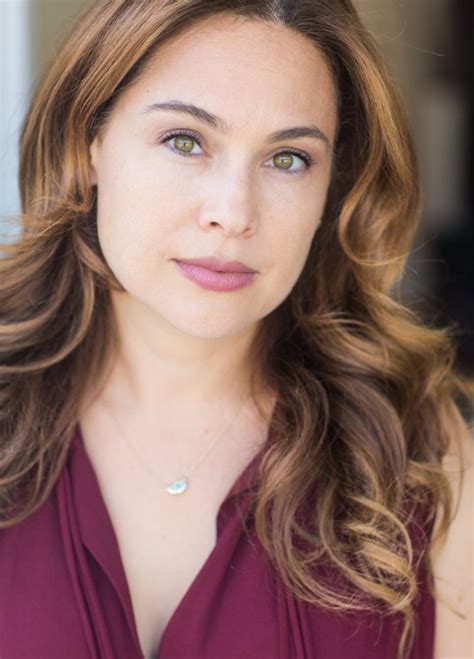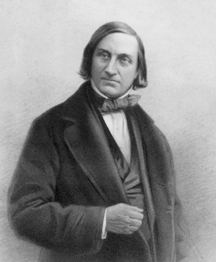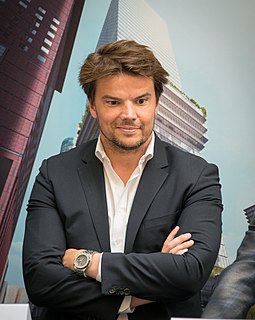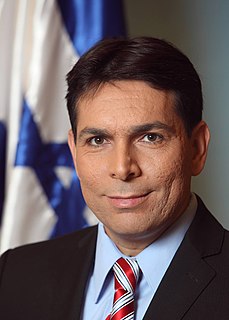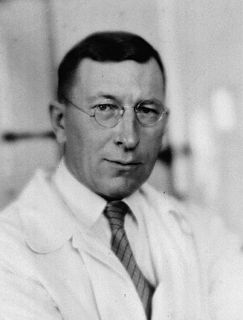A Quote by Jerry A. Coyne
Can a geology teacher blithely tell his students that the earth is flat, or a European history professor that the Holocaust didn't happen? That's not academic freedom, but dereliction of duty.
Related Quotes
If the students don't want to learn about evolution, they shouldn't be in the course. A biology course that teaches creationism is not a science course, it's a religion course. So the students demanding that creationism be given credence in that course are out of line and are denying the academic freedom of the professor. They are calling into question the scientific basis of the material that's being presented. And students are not in a position to do that.
A professor was telling students about his colleagues class. Students in the other class had taken to tossing erasers at the clock. Each precise hit caused it to jump ahead one minute. Before class one morning they succeeded in advancing the clock by ten minutes. Since the new time indicated that the professor was beyond the accepted starting time, the class left. The professor never said a word about the incident. However, he presented the class with a killer of a final exam. As the students labored to finish in the allotted time, the professor amused himself by tossing erasers at the clock.
As a Christian, a trained engineer and scientist, and a professor at Emory University, I am embarrassed by Superintendent Kathy Cox's attempt to censor and distort the education of Georgia's students.... There is no need to teach that stars can fall out of the sky and land on a flat Earth in order to defend our religious faith.
The roots of the Palestinian conflict must be sought in history. The Holocaust and Palestine are directly connected with one another. And if the Holocaust actually occurred, then you should permit impartial groups from the whole world to research this. Why do you restrict the research to a certain group? Of course, I don't mean you, but rather the European governments.
By academic freedom I understand the right to search for truth and to publish and teach what one holds to be true. This right implies also a duty: one must not conceal any part of what on has recognized to be true. It is evident that any restriction on academic freedom acts in such a way as to hamper the dissemination of knowledge among the people and thereby impedes national judgment and action.
While the universities are increasingly corporatized and militarized, their governing structures are becoming more authoritarian, faculty are being devalued as public intellectuals, students are viewed as clients, academic fields are treated as economic domains for providing credentials, and work place skills, and academic freedom is under assault.
I see myself as, first and above all, a teacher of history; next, a writer of European history; next, a commentator on European affairs; next, a public intellectual voice within the American left; and only then an occasional, opportunistic participant in the pained American discussion of the Jewish matter.


